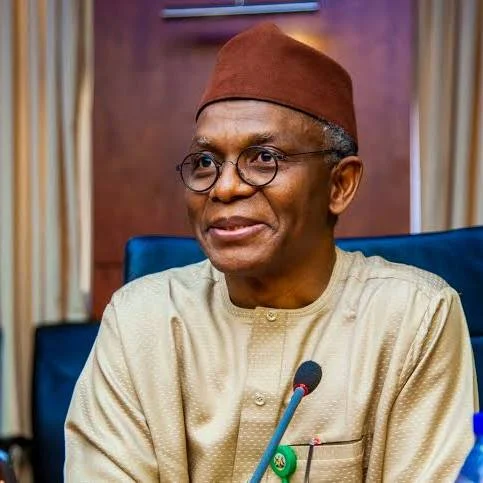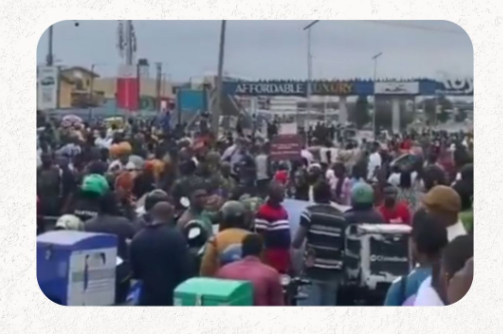
News of Pope Leo XIV’s private meeting with Rev. James Martin, a Jesuit priest known for advocating the rights and inclusion of LGBTQ Catholics, has sparked widespread conversation in Nigeria — a deeply religious nation where both Catholic and conservative Christian values hold strong influence.
The meeting, which many see as a continuation of Pope Francis’ open-door approach toward LGBTQ+ individuals, has drawn mixed reactions from Nigerians across social media, religious circles, and public discourse.
Mixed but Passionate Reactions
Christian Conservatives: “This Is a Dangerous Precedent”
Among Nigeria’s Christian conservatives — particularly from the Pentecostal and Catholic denominations — the meeting was met with suspicion, criticism, and concern.
“This is how it always starts. First, it’s ‘inclusion,’ and then it becomes doctrine,” wrote a Lagos-based Catholic on Facebook.
“We respect the Pope, but Nigeria is not Europe. We cannot normalize what the Bible condemns,” a church elder in Enugu told a local media outlet.
For many in this group, the fear is that the Vatican could be slowly softening its moral teachings, especially in ways that contradict what they consider to be scriptural authority. These voices are calling on the Catholic Church in Nigeria to reaffirm traditional teachings on sexuality and marriage.
Progressives and Human Rights Advocates: “A Step in the Right Direction”
In contrast, progressive Catholics, youth groups, and human rights advocates across Nigeria welcomed the Pope’s action as a bold and humane gesture.
“This is about recognizing dignity, not doctrine,” tweeted a popular youth Catholic blogger.
“God is love, and love is for all. The Church should not reject anyone.”
LGBTQ rights groups in Nigeria — many of which operate under threat of legal persecution due to the Same-Sex Marriage (Prohibition) Act — expressed hope that this might signal greater compassion and dialogue, even in places like Nigeria where LGBTQ people face legal and societal marginalization.
Neutral Voices: “It Doesn’t Change Doctrine, So Why Overreact?”
Some Nigerians, including moderate Catholics and public commentators, are taking a measured view of the development.
“The Pope met a priest. He didn’t rewrite the Bible,” said one Abuja-based journalist.
“Pastoral care is not the same as doctrinal endorsement. Let’s not jump to conclusions.”
This group argues that Pope Leo’s approach — like Pope Francis before him — is about extending a hand of pastoral support, not rewriting Church teachings. They urge Nigerian Catholics to listen carefully and avoid unnecessary panic or polarization.
Clerical Silence and Subtle Responses
So far, the Catholic Bishops Conference of Nigeria (CBCN) has not issued an official statement. However, a few individual priests and lay leaders have weighed in:
One Lagos-based priest said the Pope’s meeting is a “pastoral gesture” that does not mean endorsement of LGBTQ lifestyles.
Another, more conservative voice in Kaduna warned that “such gestures can send confusing signals to the faithful.”
What This Means for the Nigerian Church
The reaction to Pope Leo XIV’s meeting reveals deep tensions within Nigeria’s religious community over how the Church should approach issues of sexuality, inclusion, and pastoral care. While the Vatican has not changed its doctrine, many Nigerian Christians worry that even symbolic gestures could create theological confusion or moral compromise.
At the same time, a growing number of Nigerians — especially youth — are calling for compassion, better mental health support, and a less hostile church environment for LGBTQ individuals.
The meeting between Pope Leo XIV and Rev. James Martin has once again brought to the surface Nigeria’s complex relationship with LGBTQ issues, the global Catholic Church, and questions of moral authority. While no doctrinal changes have occurred, the reactions from Nigerians reveal that the conversation on faith, identity, and inclusion is only just beginning — and may shape how the Church is perceived for years to come.





